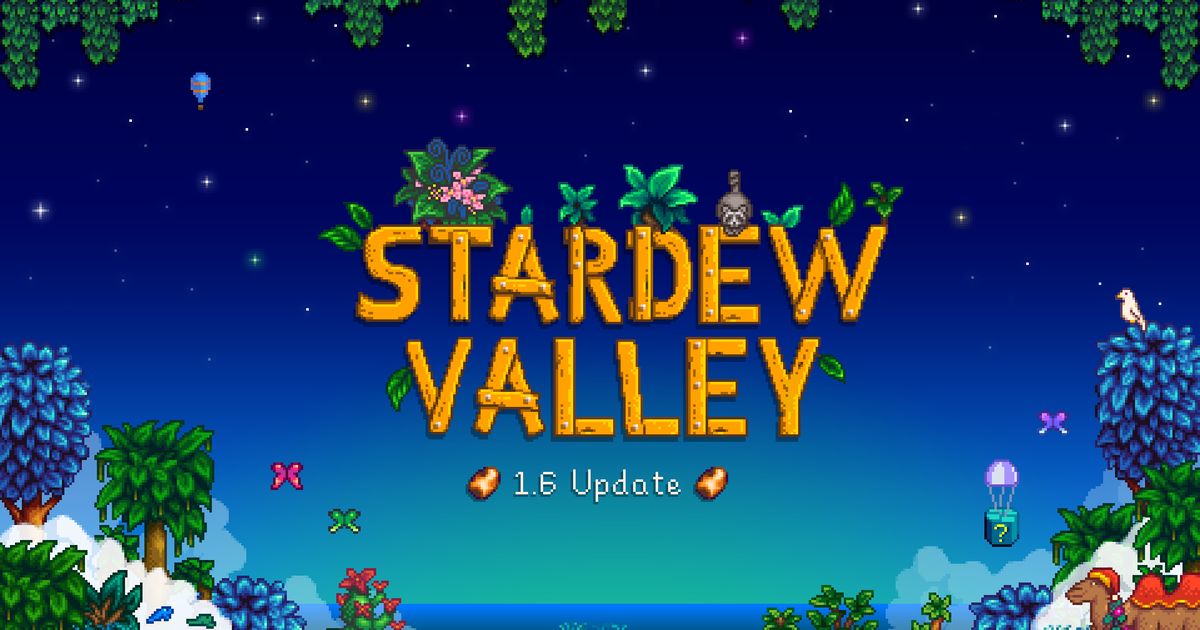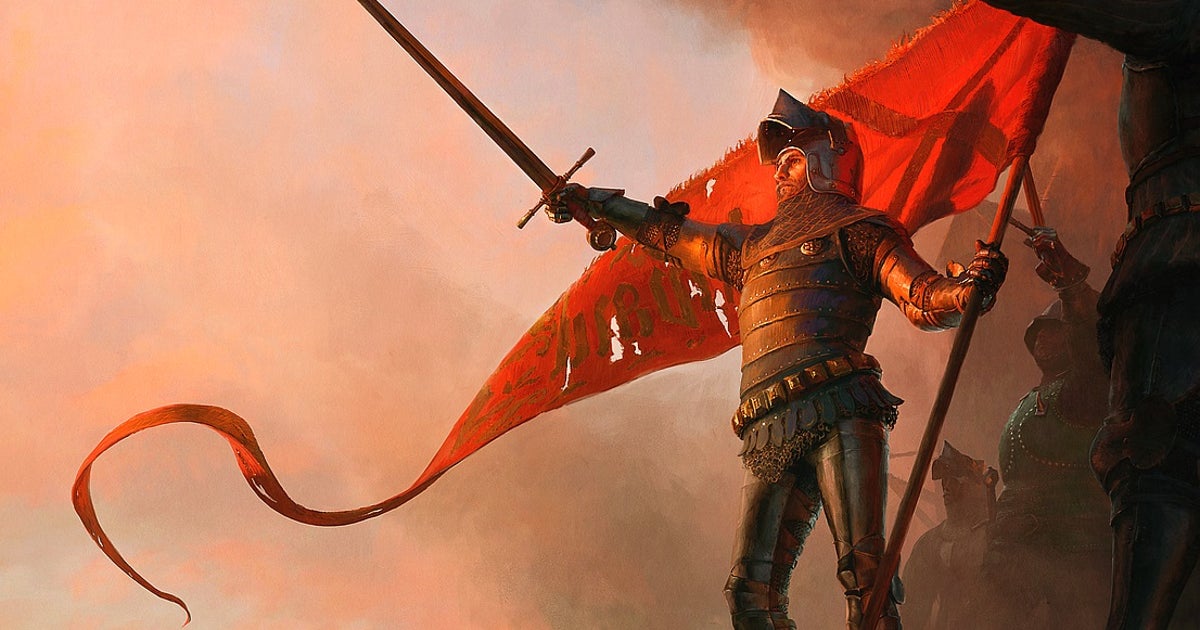"The beautiful thing about what Black Panther did was it essentially showed there can be heroes that look like me," says Abubakar Salim. "The feeling I had when watching was I wish I had this when I was a kid, because it shows to me, as an actor, I don't have to be the best friend of the cop, or the buddy character. I can actually be a hero.
"If this game has that same effect to audiences and to players and developers, then great. We're doing a good thing. I want to go for that."
Salim is perhaps best known as the voice actor of beloved Assassin's Creed: Origins protagonist Bayek. Now he's jumping into the world of game development with Tales of Kenzera: Zau. On the surface it's a Metroidvania inspired by the Bantu Tales of African myth with a dash of the sort of Afrofuturism seen in Black Panther. Beneath that, it's a narrative about coping with grief, paralleling Salim dealing with the passing of his game-loving father with whom he would play together.
It's the sort of setting that isn't seen enough in games, with Tales of Kenzera offering authentic Black and African representation. You won't find the clichéd Killmonger dreads here, though we did discuss the wider impact of Black Panther when I had the chance to chat with Salim ahead of the game's release. Its Steam demo was already impressive but I was keen to understand more about its mythological origins.
"[The success of Black Panther] connects to everyone on a deep level of just wanting to hear more cool stories," says Salim. "I think if this game is able to inspire the next generation of developers and even players to build and conjure cooler stuff than ours, then we're winning."
The Bantu Tales are a series of myths passed down through the Bantu people of Africa, comprising numerous ethnic groups and several hundred Bantu languages. For Salim, these were his first introduction to stories - the equivalent to nursery rhymes - passed down from his father and grandfather, who was a nganga or spiritual healer. As such, basing the game on these stories is Salim sharing his own perspective.
Salim believes that, as game development becomes more accessible, we'll see a diverse range of stories told through games, just like this one. "It's allowing developers from all these different backgrounds, all these different spaces, to be able to tell and share their own perspective and point of view," he says. "I'm looking mainly at African developers and what they're building and what they're creating. I think there is a lot out there. It'll happen in time."
 Abubakar Salim | Image credit: Surgent Studios
Abubakar Salim | Image credit: Surgent Studios
Lead designer Zi Peters adds the Bantu Tales "really ignited the imagination" during the game's development. One major challenge, though, was these stories are communicated through oral tradition. "It's really difficult to find sources on the web, or books, or what have you that recollect the stories," he says. "Abu and his family members, he's been able to get those stories and pass them on to members of the team who had no idea about a lot of these things. But as we're making a game based on them, I think it's helping to spread that further and wider."
With its narrative basis on such a raw, intimate and personal theme as grief, I wonder if developing Tales of Kenzera has been a difficult experience for Salim.
"The vulnerability aspect and being honest and open about my grief and sharing that grief wasn't actually the hard part," he says. "The hard part was conveying it in a way that felt fun and almost universal."
"The hard part was conveying it in a way that felt fun and almost universal."Peters adds the whole development team could empathise with this core theme of Tales of Kenzera. "It makes it very personal for people working on the game and knowing what it can mean to other people who are playing the game," he says. "It's also made that process a lot easier. This really means something, there's a driving passion behind creating the game and exploring this concept."
Its design is meant to reflect the journey of grief - Salim describes it as frantic, kinetic, with elements of sadness, relief and anger. Indeed, he suggests a Metroidvania "lays the perfect foundation of exploring what grief is".
"You can't plan when it happens, it just throws you into this new world that you have no idea about. No matter what you prepare for, the books you read, the people you talk to, it is very, very personal. And it's something that just comes at you when you don't know what to do.
"However, it provides you with the tools that are going to essentially aid you to get over it," he continues. "You are going to feel sad, you're going to feel angry. Some days you might even forget about it. The tools are there, but you have to discover them as you go on this journey. And to me that's exactly what a Metroidvania is. You're thrown into a world you have no idea about, but the longer you spend time in it, you get used to the idea of it. You never get over it, this is still your world, but you learn how to work with it. As you build those tools and you get stronger, you begin to feel a bit more comfortable in it."
.png?width=690&quality=75&format=jpg&auto=webp) Image credit: Surgent Studios
Image credit: Surgent Studios
Of course, there are plenty of examples of Metroidvanias out there - the pair cite the likes of Ori and the Blind Forest, Dead Cells, and Guacamelee as key inspirations - so it must be tricky to stand out. That brings us back to the Bantu Tales: they've inspired abilities, enemies and bosses, plus there are various biomes typically associated with Africa.
"It's one thing that Abu was adamant about in terms of how we were setting up the world, where we've got these different biomes that reflect different aspects of the African continent and how we could get that variation in the different spaces that you're going to explore," says Peters. "I think we're able to lend these twists from our inspirations that give it a different edge, but also staying true to Metroidvania at the same time and really injecting that with an emotional story that pulls you through the game."
For players, there can be an overfamiliarity with genre conventions and its rigid structure too, so the pair decided to have lead character Zau equipped with certain obvious abilities from the start like a double jump and dash. It reflects how he's lived a life until now, but still has much to learn.
To develop this game, Salim created his own studio: Surgent Studios. This began with setting up Silver Rain Games back in 2021, which originally had Salim's film and game work separated. Now it's all in one under the name Surgent: for Salim it's simply "all about storytelling" and the medium that suits that particular story. For Tales of Kenzera, that's a game.
Having autonomy over that storytelling is also why Salim set up the studio. "My experience within film and TV is that if you create a script and you give it to a studio, nine times out of ten it changes and becomes something completely different," he explains. "I want to tell a genuine, authentic story and especially because it was so personal and so linked to my own journey of grief, I felt like I needed to take the risk."
"I felt like I needed to take the risk."Salim has found the games industry welcoming, but admits building a game wasn't as easy as he expected. This is why, in a recent Steam post, he's aiming to be more transparent with the audience - in part to help other developers, but also to build a rapport with players.
"There are all sorts of obstacles you have to go through [to make a game], but I feel like that knowledge needs to be shared," he says. "I think it's important to be quite open and talk about this and I think we're getting there, we're slowly moving towards that kind of position."
.png?width=690&quality=75&format=jpg&auto=webp) Image credit: Surgent Studios
Image credit: Surgent Studios
There can certainly be a lot of antagonism between players and developers, but Salim's approach here is disarming, to remind players there's a human story behind this game. In the case of Tales of Kenzera, an especially personal story.
"There's something behind everyone and there's a reason behind everything," he says. "And I think it's about connecting to that rather than necessarily connecting to the face value of something.
"The games industry is still so young," he continues, "there's so much change happening already. That's the beautiful thing about the arts, we're always challenging and talking and questioning and wanting to grow and be better. That's something I can see really happening in the game space."
Further, this relates back to his time as Bayek in Assassin's Creed: Origins, as Salim says he "100 percent would love" to return to the role. "There was something really cool and interesting about his journey into becoming an assassin," he says, with so much potential left in Bayek's growth as a character. Again, it comes back to the importance of storytelling.
"That's why I love games, because you have so much time to explore that character's journey and arc, which is why I'm like you've got to respect people's time," he says. "Spending 8, 10, 30 hours with these characters and going on this journey with them. Give them something good."

 1 month ago
42
1 month ago
42







